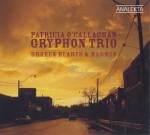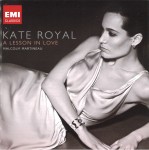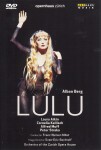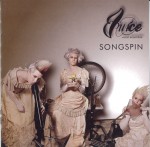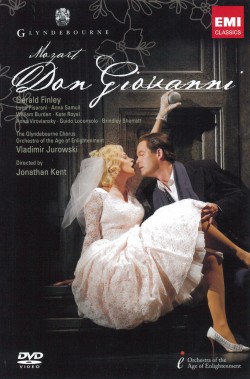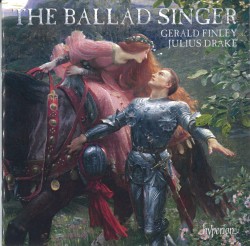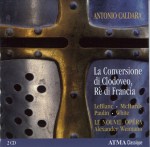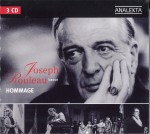Berg – Lulu - Julia Migenes; Evelyn Lear; Kenneth Riegel; Metropolitan Opera; James Levine
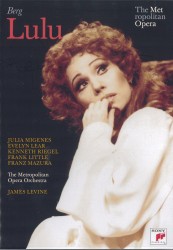 Berg - Lulu
Berg - Lulu
Julia Migenes; Evelyn Lear; Kenneth Riegel; Metropolitan Opera; James Levine
Sony 88697910099
Alban Berg finished the short score of Lulu in the spring of 1934. Like Wozzeck, it was structured with what George Perle called a “recapitulatory aspect” in that large sections of the second half repeat or alter movements from the first half. Berg orchestrated Acts 1, 2, and the first 268 bars of Act 3; the orchestral interlude of Act 3 and the closing scene were thrust into the Lulu Suite as a promo piece suggested and conducted by Kleiber in November 1934. Delayed by the commission of his violin concerto, his sudden illness and death left the remainder of Act 3 unorchestrated. Erwin Stein published Acts 1 and 2 and had engraved the first 70 pages of Act 3 when the short score was locked away by the widow Helene in her lawyers' safe. Frau Berg supposedly saw uncomfortable parallels between an autumnal feminine interest of her husband and the seductive anti-heroine Lulu. Act 3 was micro-filmed, there was a legal dispute and then Frau Berg died in 1976. Contrary to some stories, all but 86 bars could be orchestrated with a mathematical conviction. Happily, the task fell to Friedrich Cerha, a composer devoted to Webern, Schoenberg and Berg. The Berg scholar Anthony Pople generously admitted: “Whatever its minor shortcomings, Cerha's realization is brilliant work, and there is no reason to think that there will ever be a necessity for the completion of Act 3 in full score to be undertaken afresh.”
The three-act version appeared in Paris on February 24, 1979 starring Canada’s Teresa Stratas to rave reviews. Franz Mazura was Dr. Schön and Kenneth Riegel his son Alwa, both of whom then appeared at the Met in 1980 in the production recorded in this beautiful DVD set. Lulu is Julia Migenes, a seductive and street-wise survivor, with a sharp dramatic edge. Evelyn Lear (a wonderful Lulu herself) plays the lesbian Countess Geschwitz, completely at home in this music and convincing as the only truly honourable character in the opera. Both the acting and the singing are compelling. James Levine loves Berg and draws a nuanced performance of this complex and fascinating work. If you have not previously been won over by Lulu, she may well seduce you with this appearance.


